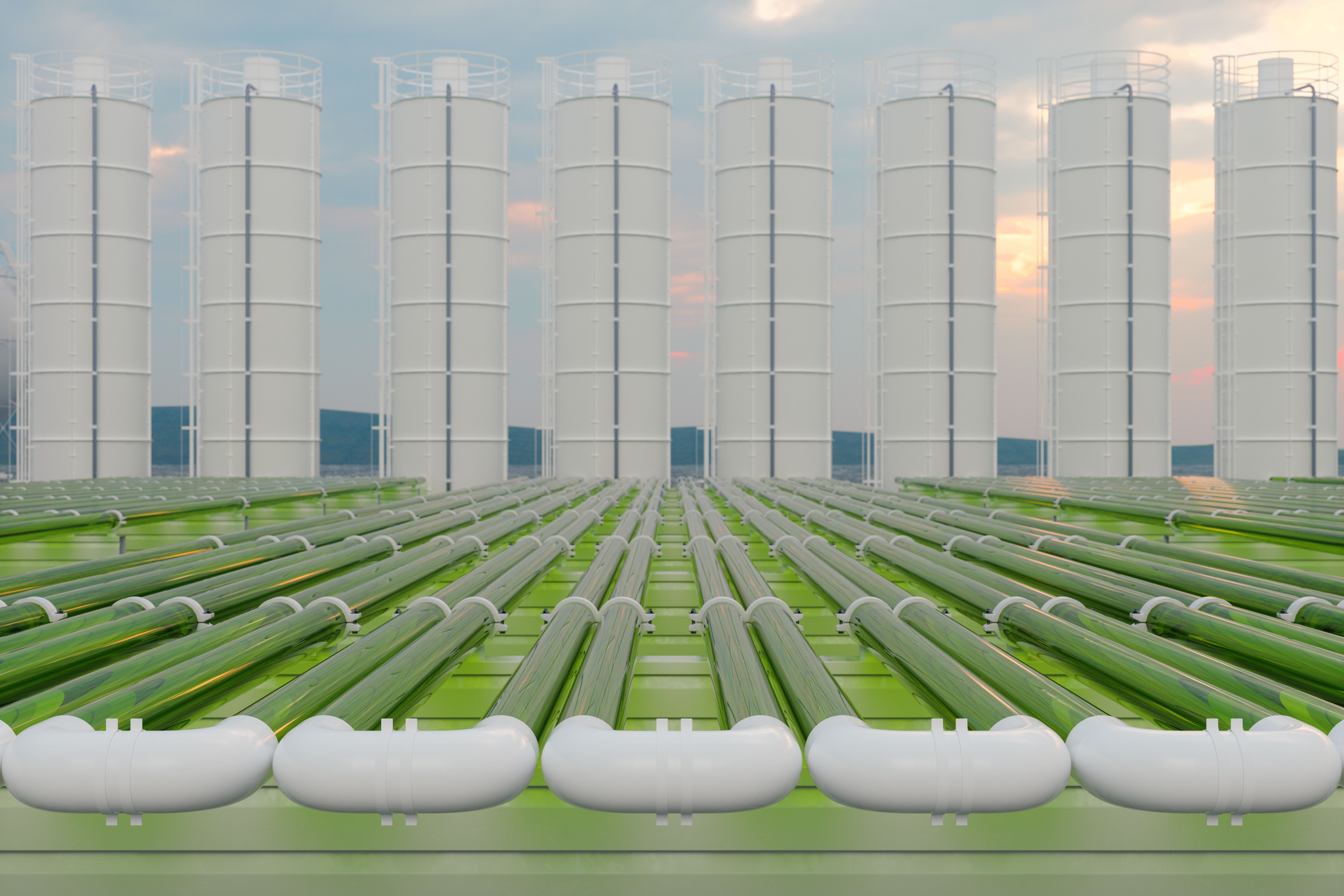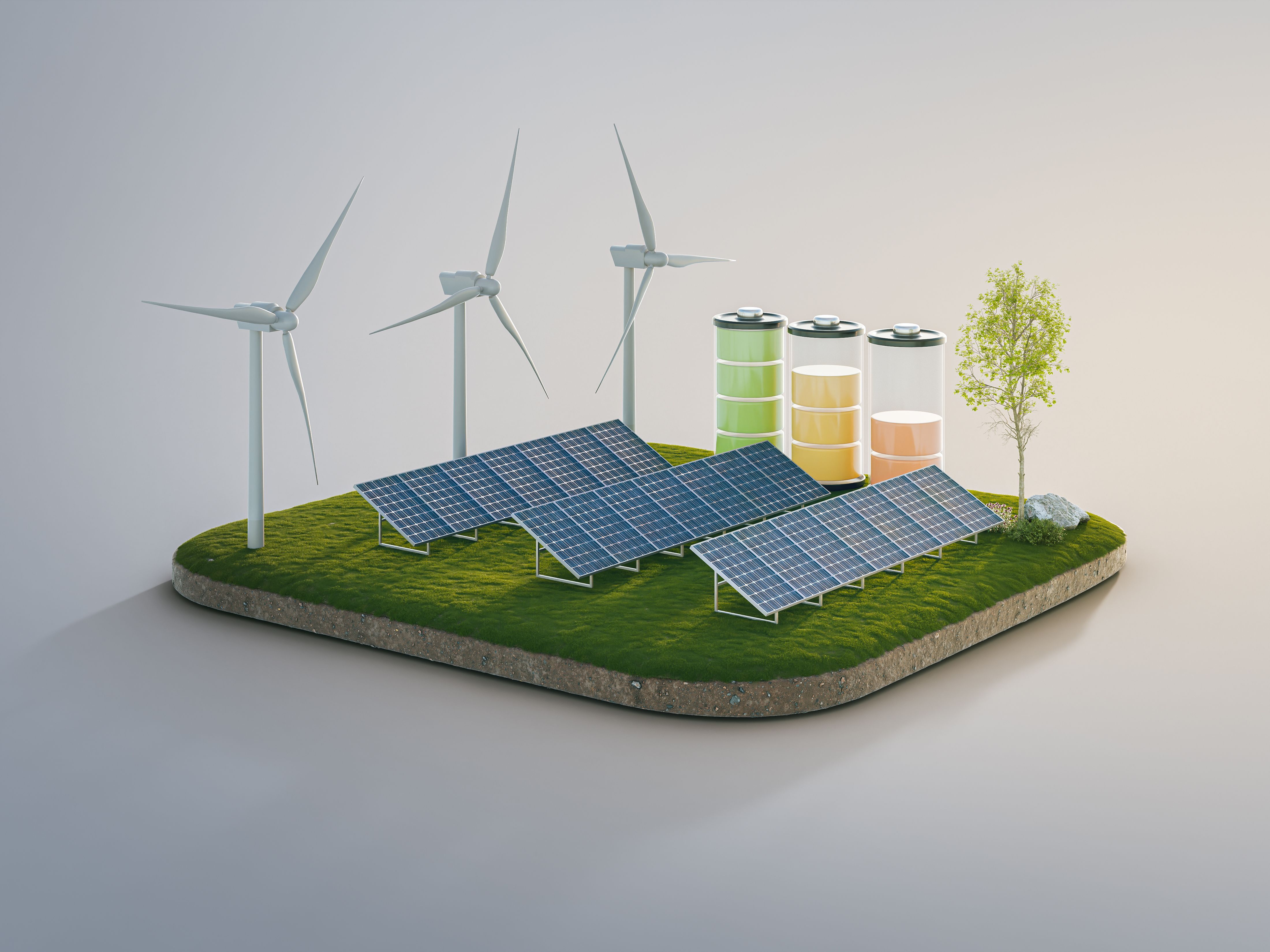Debunking Biofuel Myths: Understanding Their Environmental Impact
Introduction to Biofuels
Biofuels have emerged as a promising alternative to fossil fuels, offering a renewable and potentially more sustainable energy source. However, despite their growing popularity, there are numerous myths and misconceptions surrounding their environmental impact. This blog post aims to debunk some of these myths and shed light on the true benefits and challenges associated with biofuels.

Myth 1: Biofuels Are Not Truly Renewable
One common myth is that biofuels are not genuinely renewable. However, biofuels are produced from organic materials like plant biomass, agricultural residues, and even animal waste. These resources can be replenished relatively quickly compared to the millions of years required for fossil fuels to form. As long as sustainable practices are employed in producing these feedstocks, biofuels can be a renewable energy solution.
The Role of Sustainable Practices
Sustainable agricultural practices ensure that the resources used for biofuel production do not deplete the environment. Crop rotation, responsible land management, and efficient use of water and fertilizers are crucial in maintaining the balance needed for biofuels to remain a renewable resource.
Myth 2: Biofuels Lead to Food Shortages
Another prevalent myth is that biofuels contribute to food shortages by diverting crops away from food production. While it is true that some first-generation biofuels are made from food crops like corn and sugarcane, advancements in technology have led to the development of second-generation biofuels. These are derived from non-food biomass sources, significantly reducing competition with food supply.

Second-Generation Biofuels
Second-generation biofuels utilize lignocellulosic materials, such as wood chips, straw, and other agricultural by-products. This innovation minimizes the impact on food availability while still providing a viable energy source. Additionally, research continues to explore third-generation biofuels made from algae, offering even greater potential for sustainability.
Myth 3: Biofuels Do Not Reduce Greenhouse Gas Emissions
Some argue that biofuels do not significantly reduce greenhouse gas emissions compared to fossil fuels. In reality, biofuels can play a substantial role in mitigating climate change. When produced and used sustainably, biofuels can reduce lifecycle emissions of carbon dioxide by absorbing CO2 during the growth phase of the feedstock plants.
Lifecycle Analysis
A comprehensive lifecycle analysis of biofuels shows that they can reduce carbon emissions by up to 60% compared to traditional fossil fuels. The reduction depends on various factors, including the type of feedstock used and the methods of production and processing. With continued improvements in technology, these emissions savings are expected to increase further.

Myth 4: Biofuel Production Consumes More Energy Than It Produces
There is a misconception that producing biofuels requires more energy than they ultimately provide. However, advancements in production technologies have significantly improved the energy balance of biofuels. Modern processes are designed to maximize efficiency and reduce energy consumption throughout production.
Efficiency Improvements
Technological innovations have led to more efficient conversion processes and better integration of renewable energy sources in production facilities. These improvements ensure that biofuels offer a positive energy return on investment, making them a viable alternative to fossil fuels.
Conclusion: A Balanced Perspective on Biofuels
While biofuels are not without their challenges, it is essential to approach their environmental impact with a balanced perspective. By debunking common myths and embracing technological advancements, biofuels can contribute significantly to our transition towards a more sustainable energy future. As research continues to evolve, so too will the potential of biofuels to offer a cleaner, greener alternative to traditional fossil fuels.
